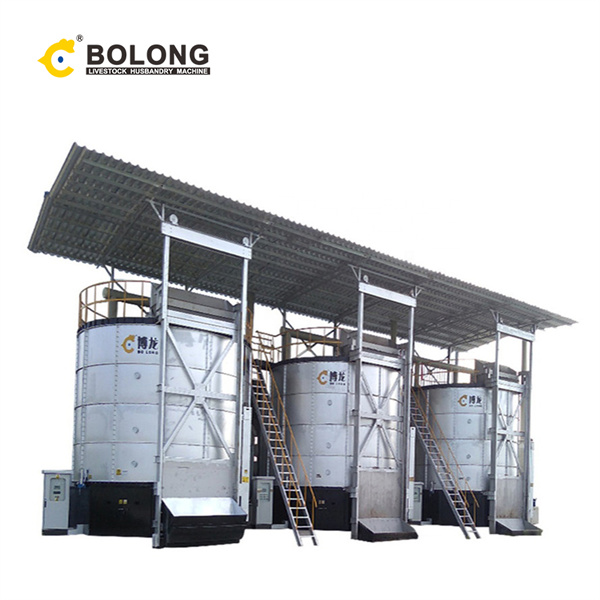Introduction: Integrated livestock-crop systems combine animal and crop production to enhance sustainability. Livestock fermentation tanks play a key role in these systems. This article explores their benefits in integrated farming.

Nutrient Recycling: Fermentation tanks produce compost that recycles nutrients from manure back into the soil. This supports crop production and reduces the need for chemical fertilizers, promoting a sustainable nutrient cycle.
Improved Soil Health: The compost enhances soil structure, fertility, and microbial activity, benefiting crop growth. Healthy soil is essential for sustainable and productive integrated farming systems.
Waste Reduction: By converting manure into compost, fermentation tanks reduce waste and pollution. This aligns with the goals of integrated systems to minimize environmental impact and enhance resource efficiency.
Case Study: A mixed farm with livestock and crops implemented fermentation tanks. The farm used the compost to fertilize crops, improving yields and soil health while reducing waste and fertilizer costs.

Conclusion: Livestock fermentation tanks support integrated livestock-crop systems by recycling nutrients, improving soil health, and reducing waste. These benefits enhance the sustainability and productivity of integrated farming operations.